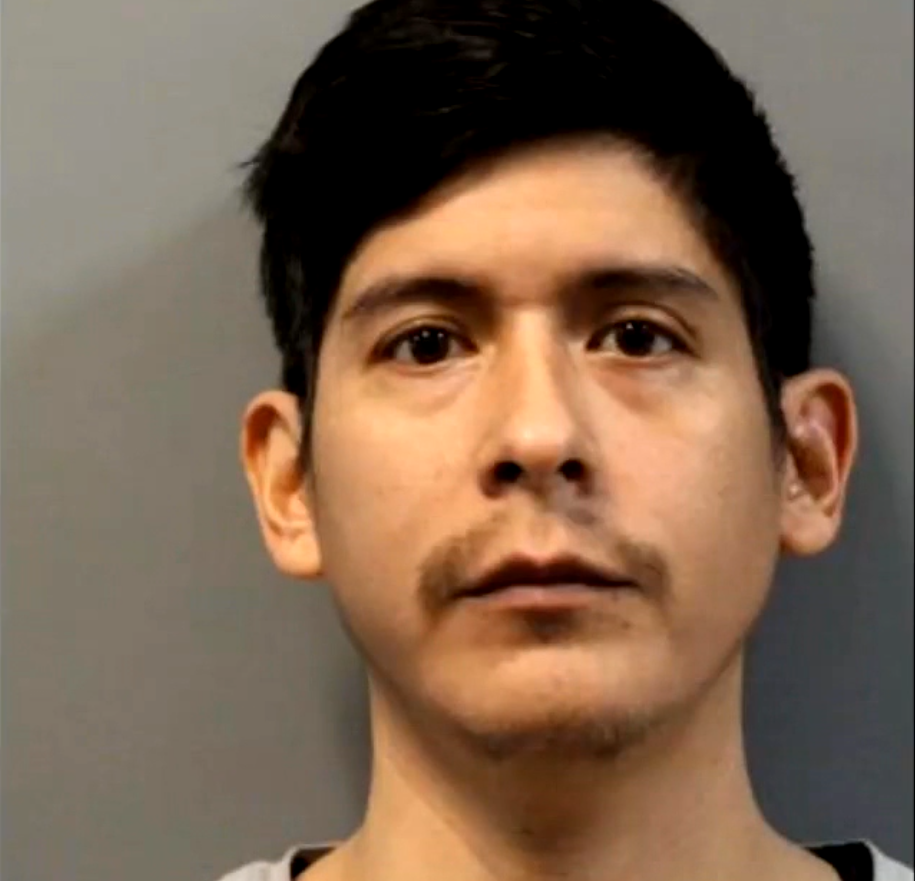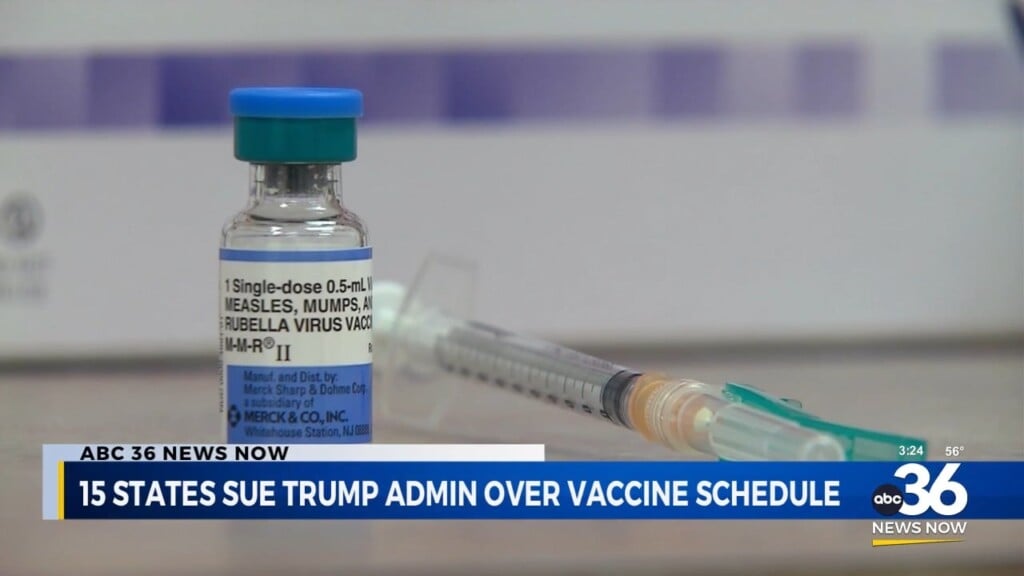Legislative members say changes to juvenile detention centers ‘good, but too late’
FRANKFORT, Ky. (WTVQ) — A surplus of questions and a general lack of answers took center stage at Thursday’s Interim Joint Committee Meeting of the Judiciary, mainly surrounding issues with juvenile detention centers across the state.
“I’m very troubled by the lack of information flow to the people whose jobs it is to run this agency to manage these facilities,” said Sen. Whitney Westerfield, minutes after listening to Secretary Kerry Harvey and Commissioner Vicki Reed during the meeting.
Harvey is the secretary of the Justice and Public Safety Cabinet, while Vicki Reed is the commissioner of the Kentucky Department of Juvenile Justice.
“I’m pretty disturbed by what I see a lack of leadership and a failure of leadership at a number of levels throughout two pretty important cabinets here in Kentucky,” added Westerfield after hearing testimony from DJJ and the Cabinet for Health and Family Services.
Westerfield questioned those in the cabinet for their response to the incidents in the various juvenile detention centers, in particular, the alleged sexual assault of a female inmate during a riot at the Adair County Juvenile Detention Center.
“I think the root cause of all of this really boils down to not having adequate staff not paying them well enough. Not coming to us and telling us what they need,” added Westerfield. “There wasn’t a budget request from the Justice Cabinet. Other than the generic, let’s give raises to everybody.”
Westerfield also saying these issues are problems that have only gotten worse over time.
“It’s clearly a problem that’s persisted, and they were right, in their defense, it’s been an issue for years and years. It takes a tragedy, it’s sad that it takes a tragedy before they finally make it a serious priority,” he said.
Westerfield adds that issues go beyond the low pay and staffing shortages.
“The employees every month are saying morale is low, we’re struggling with this. We have problems with, that we’re detaining youth because we don’t have any other place or people to watch them,” said Westerfield of what he’s heard from the facilities.
As for the recent changes with separating juveniles, especially when it comes to gender, Westerfield says it was necessary.
“Good, but too late, I think status offenders shouldn’t be in these facilities at all,” Westerfield says. “I don’t mind codifying the tiers of of offense level and keeping the children that are a different offense levels in like populations, I think that’s fine. I think you can focus the programming for those juveniles at the most serious level or at the various level that they’re all there. I think it’s fine that we’re separating by gender.”
When asked what message he had for those who may be wanting to help but are afraid for their safety, Westerfield says that’s a question for the governor.
“What are they doing to adequately, adequately prepare their staff, train their staff and equip their staff? Are they going to come and ask us for policy changes in terms of what sort of defensive responses they can use or techniques that they’re allowed to use?” he said.
He also expressed that he wants to see changes in policy in the next meeting he has with the cabinet.



